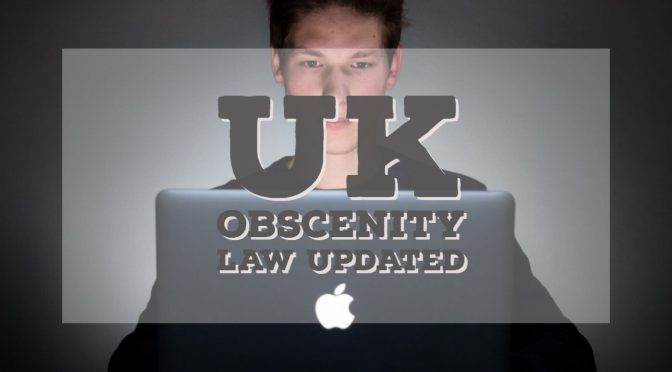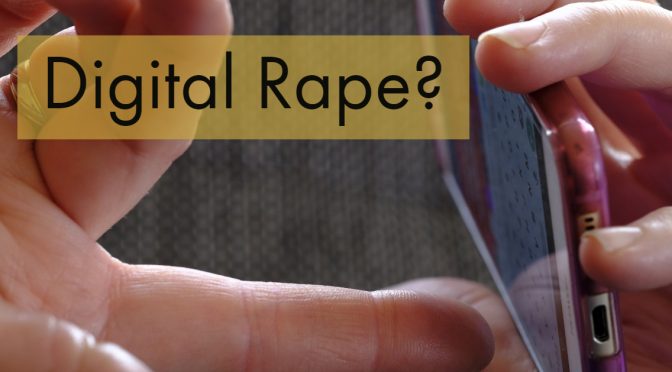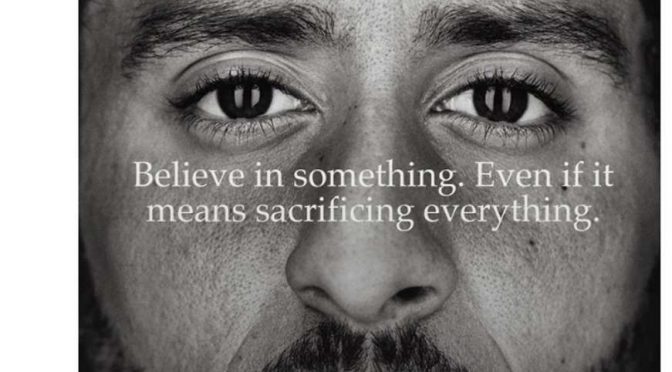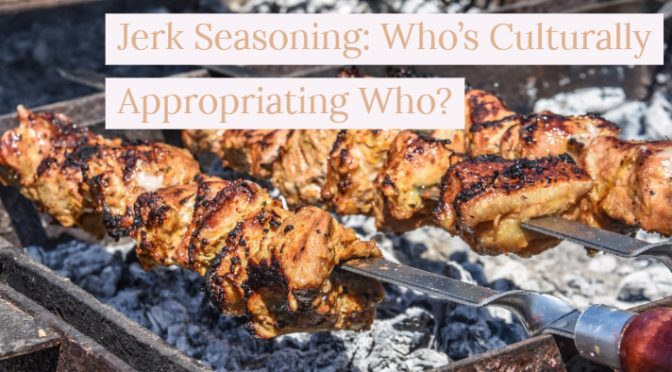Tuesday was one of those days that pop up a few times a year for me: a phone call from a media outlet (in this case talkRadio) alerts me to the fact that porn is in the news again. Would I be interested in joining a discussion about porn being a “public health crisis” at five past 11?
Of course, I would: defending the indefensible is my niche. So I dutifully appeared on talkRadio, followed by BBC Radio Leeds and (later that evening) Newsnight.
Porn is a “public health crisis”?
The claim that porn has created a “public health crisis” is not an evidence-based one, but in fact emerged from America’s religious right a couple of years ago, and has been used by right-wing state legislatures to pass anti-porn legislation. This is simply the latest salvo in a war on pornography being fought by Republicans and anti-porn feminists for the past four decades.
Now, worryingly, the claim had been regurgitated by the parliamentary Women and Equalities Committee, and has appeared in a report they published this week, that has deeply worrying implications for civil liberties.
Panic!
The report is one of the worst examples of “porn panic” I’ve ever seen, and I (literally) wrote the book on this subject. It makes ungrounded, hysterical claims based on anecdotal evidence:
“sexual harassment in public places … is a routine and sometimes relentless experience for women and girls”
This claim isn’t supported by empirical evidence, and there certainly isn’t evidence it’s been getting worse, but the porn panic (most recently in the form of the #MeToo movement) has established that it is bad, and is getting worse, and that if you question the witch-hunt, you must be a witch.
Having established that women and “and even girls in school uniform” are being harassed and assaulted literally all the time in oh so many ways, the report then quickly gets to the something must be done moment: “Sexual harassment is never acceptable, and women and girls should not be expected to endure it.” Anyone questioning the report hereafter is clearly implying that harassment is acceptable and that womenandgirls should have to endure it.
What’s to blame?
What’s to blame for this virtual holocaust of harassment? Porn, of course!
“There is significant research suggesting that there is a relationship between the consumption of pornography and sexist attitudes and sexually aggressive behaviours, including violence”
Readers of this blog, and my book, will know that this simply isn’t true. In fact, one of the widest-reaching meta-studies on porn-and-harm ever commissioned was carried out by Ofcom on behalf of the British government, which concluded:
“There seems to be no relationship between the availability of pornography and an increase in sex crimes in other countries; in comparison there is more evidence for the opposite effect.”
In plain English, porn isn’t harmful but it does appear to reduce sexual violence.
This important conclusion appears somewhere in the middle of a 146-page report which the government published in 2011, and then went on to completely ignore as it continued blaming porn for every (often imaginary) problem in society.
What must be done?
So, having established the falsehoods that 1) unspeakable horror is occurring and 2) it’s porn’s fault, the report then goes on to make an incredibly broad set of scattergun recommendations which are unsupported even by the preceding nonsense.
The government’s position to date has been that porn is fine, so long as it isn’t “extreme” or “obscene”, and is only seen by people over 18. The UK already has some of the tightest pornography restrictions of any democratic country. However, this report challenges that position, complaining that the government:
“…has no plans to address adult men’s use of mainstream online pornography”.
This throwaway line is a huge shift in the anti-porn movement, away from “child protection” to “all porn is dangerous”.
Some of the report is vague but ominous:
“set out a comprehensive programme of work to make all public places safe for all women and girls”
And some of it just ominous:
“The Government should take an evidence-based approach to addressing the harms of pornography, similar to the huge investment there has been over many years in tackling road safety, or preventing public health problems caused by lawful behaviour such as smoking.”
(2017 road deaths: 1,710; tobacco deaths: 80,000; porn deaths: nil).
The recommendations stop trying to pretend that porn causes harassment, and just assume that porn and harassment are basically the same thing:
“Bus regulations should be amended to prohibit sexual harassment and viewing pornography on buses.”
Thus, in future, a person viewing porn on a bus will count against the sexual harassment statistics, which will push up arrests for harassment and “prove” the problem is getting worse.
There’s random stuff like:
“Universities should have a legal obligation to have policies outlawing sexual harassment…”
Of course, universities do already have policies in this area. This sounds like America’s Title IX which set loose a wave of “rape on campus” hysteria out of all proportion with reality, and a situation where two students could be deemed to have harassed each other.
There’s also a weird dig at strip clubs, which picks up on (false) claims by feminists that strip clubs were causing rape:
“Local authorities must consult local women’s groups and sexual violence specialists when deciding their policies on licensing strip clubs and lap-dancing clubs.”
Can you rape someone via WhatsApp?
But the most worrying recommendation is as follows:
“A new law should be brought forward on image-based sexual abuse to criminalise all non-consensual creation and distribution of intimate sexual images, on the basis of the victim’s lack of consent rather than perpetrator motivation.”
This appears to mean that anyone sending a sexual image to another person could be criminalised if the recipient denies consenting. I’m on a couple of WhatsApp groups where short porn clips are sometimes shared: now, just by receiving one of these clips (which are always unsolicited), I could claim to have been the victim of sexual violence. Likewise, this would open up anyone involved in sexting to a claim of sexual harassment (and for many teens, sexting is a normal part of relationships today).
We are at the point where any sexual contact, even digital, may fall into the same category of offence as rape. Sex, in virtually any context, is now considered problematic. While these ideas were once the preserve of an extremist clique of feminists, they are now actively discussed in the British parliament.






